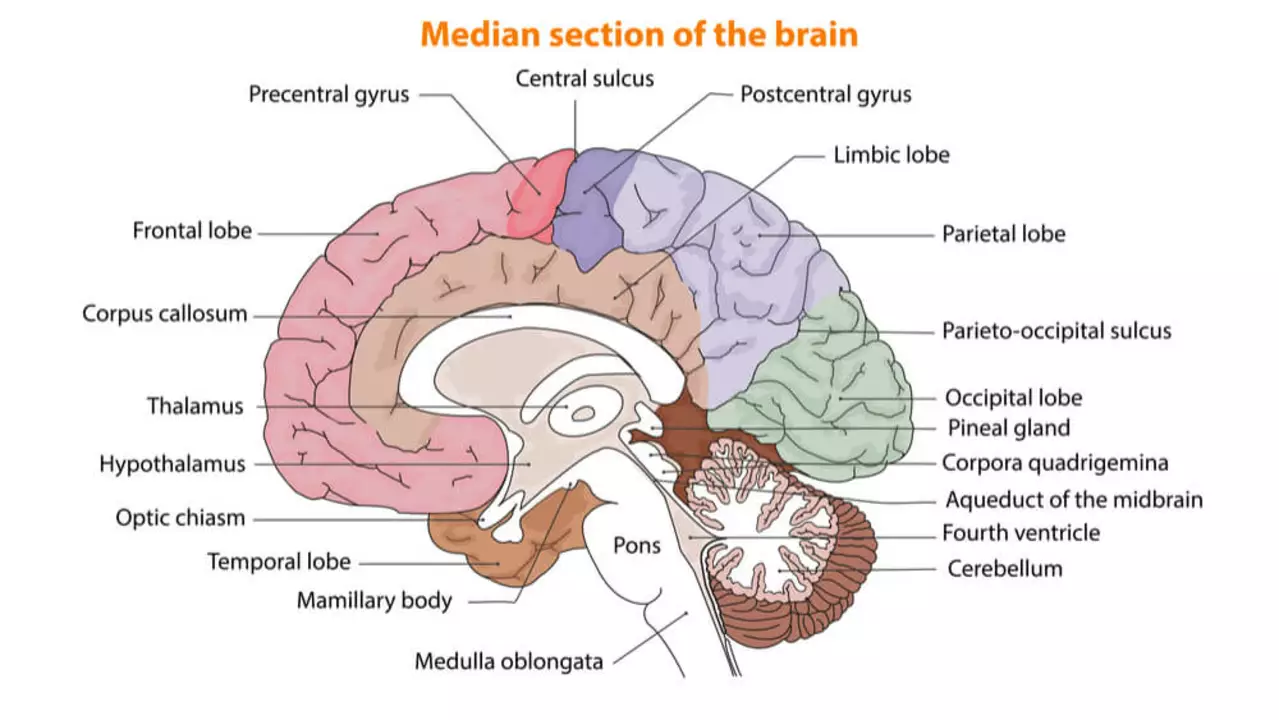Mental Health: Practical guides on conditions and medications
Mental health affects how you think, feel, and handle daily life. This category collects clear, action-focused pieces about common conditions and the medicines people use. You won’t find long theory here — just plain explanations, what to watch for, and practical next steps you can take today.
What this category covers
Read a hands-on breakdown of how anxiety and OCD overlap, what symptoms often appear together, and simple day-to-day coping tips you can try. We also look at medication topics that matter: how drugs like fludrocortisone may influence mood or memory, what has been reported about risperidone and immune function, and the limits and side effects seen with amantadine in clinical use.
Each article summarizes why the topic matters, describes common effects people notice, and lists things you can do now — such as tracking symptoms, asking specific questions at your next appointment, or watching for common side effects. You’ll find short, clear takeaways that help you decide what to read next or what to discuss with your clinician.
Practical actions you can take
Keep a simple symptom log: write the date, what you felt, any triggers, and any medicines you took. That record makes it easier to spot patterns and gives your doctor concrete details at appointments.
When you read about a medicine, check for these things: common side effects, how quickly effects appear, and what to do if symptoms get worse. For example, if a post mentions sleep problems or dizziness linked to a drug, note those items and ask your prescriber whether dose changes or timing can help.
Prepare three clear questions before a visit: (1) What are the likely benefits for me? (2) What side effects should I watch for? (3) How will we measure progress? Short, focused questions lead to better answers and faster decisions.
If you spot signs of severe reactions — sudden confusion, breathing trouble, fainting, or thoughts of harming yourself — seek urgent medical help. For less urgent concerns, schedule a follow-up, bring your symptom log, and consider bringing a friend or family member to help remember details.
Want practical reading order? Start with the anxiety and OCD article for coping skills. If you're curious about meds, read the fludrocortisone and risperidone pieces to learn what people have reported and which questions to ask. Finish with the amantadine article if you want a clear view of risks and clinical limits.
These posts are meant to inform, not replace medical advice. Use them to be better prepared, ask smarter questions, and feel more confident in your care. If you want a quick recommendation or a topic explained in plain words, check the articles listed here and reach out to your healthcare provider with the notes you’ve gathered.

Anxiety disorders are common, treatable conditions with proven therapies like CBT and SSRIs. Learn the seven types, recognize key symptoms, and discover what treatments actually work based on the latest research.
Chris Gore Dec 31, 2025
Explore how substance abuse and depressive disorder intertwine, uncover risk factors, and discover integrated treatment strategies for lasting recovery.
Chris Gore Oct 15, 2025
Explore how mindfulness and meditation improve attention, reduce impulsivity, and support ADHD management with practical steps and evidence‑based insights.
Chris Gore Sep 28, 2025
Explore how HIV support groups improve emotional wellbeing, treatment adherence, and quality of life for people living with HIV, with practical tips on finding the right group.
Chris Gore Sep 22, 2025
Anxiety and OCD often go hand in hand, creating unique challenges for those affected. This article explores how these conditions are interconnected, delves into the symptoms, and offers practical tips for managing daily life. Understanding the overlap can brighten the path toward effective treatment and a better quality of life. With a blend of expert insights and practical strategies, readers will gain a clearer view of these mental health issues.
Chris Gore Mar 9, 2025
As a blogger, I recently came across an intriguing connection between Fludrocortisone and the brain. Fludrocortisone, a medication commonly used to treat conditions like Addison's disease, has been found to have some interesting effects on brain function. Studies have shown that it has the potential to improve cognitive abilities, memory, and even mood in certain situations. This surprising connection has sparked further research into the possible neurological benefits of this seemingly simple drug. I am eager to keep an eye on future developments and share them with you all as we continue to unravel the complex relationship between Fludrocortisone and our brains.
Chris Gore May 28, 2023In recent studies, I came across the potential effects of Risperidone on the immune system. Risperidone, an antipsychotic medication, is often prescribed for various mental health disorders. Although it has proven to be effective in treating these conditions, there is growing interest in understanding its impact on our immune system. Some research suggests that Risperidone may have immunomodulatory effects, which could either enhance or suppress our body's natural defense mechanisms. As more information becomes available, I'll be sure to keep you updated on this fascinating topic.
Chris Gore May 21, 2023
As a blogger, I recently explored the challenges and limitations of using Amantadine in clinical practice. While it offers potential benefits in treating certain conditions, such as Parkinson's disease and some viral infections, it is not without its drawbacks. The most significant issues include side effects like dizziness, insomnia, and hallucinations, as well as the potential for drug resistance in viruses. Additionally, Amantadine's efficacy can be limited due to its narrow therapeutic window and potential for drug interactions. Overall, while Amantadine has its uses, it's crucial to weigh these challenges and limitations against its potential benefits in clinical practice.
Chris Gore May 5, 2023



